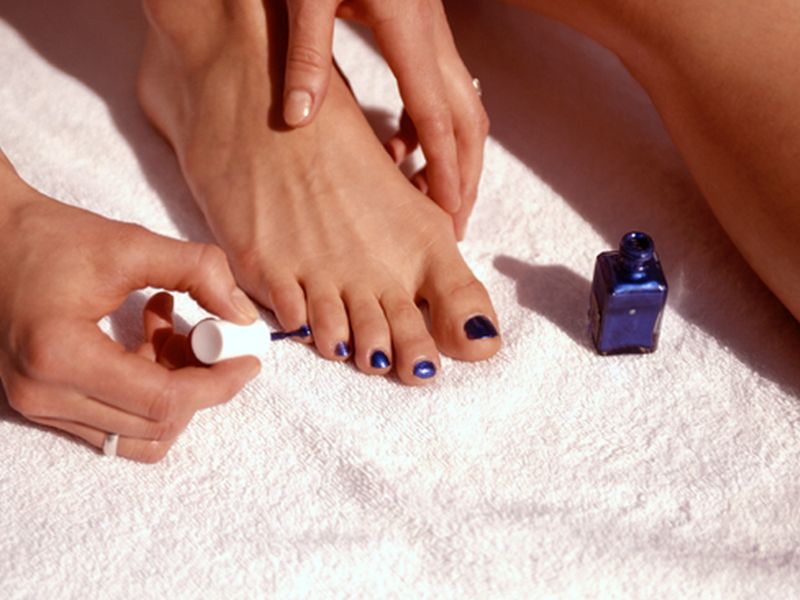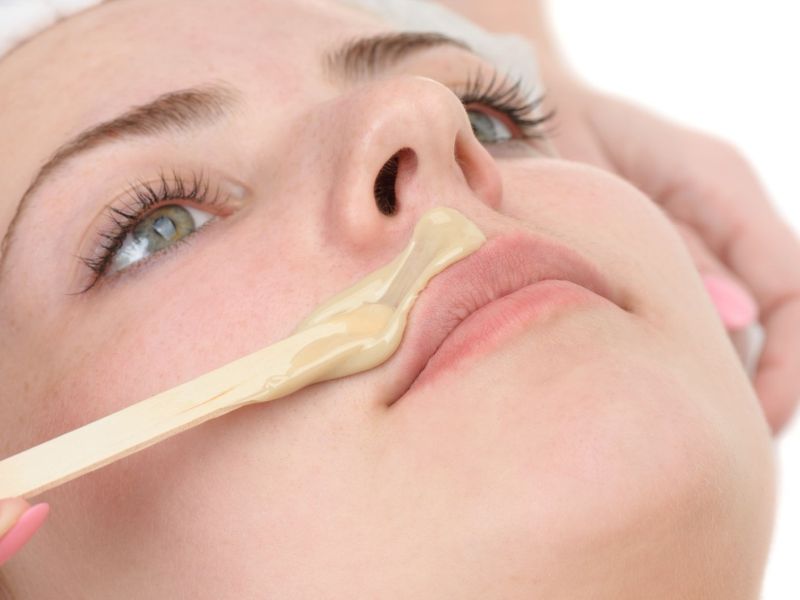
Rosacea is a common skin disease that causes a reddening of the skin, typically on the face. The disease may have differing symptoms, including sensitive skin or a thickening of the skin, resulting in a bumpy texture. The American Academy of Dermatology suggests: Identify and avoid factors that trigger an outbreak. They could include exposure… read on >






























